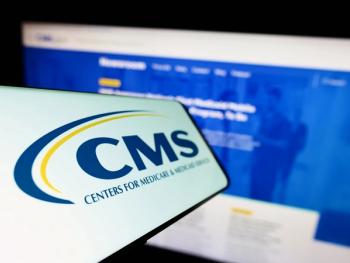
New CBER Program Will Send Staff To Tour Cell and Gene Therapy Manufacturing Sites To Learn About Key Issues
The intent is for both parties to share information that will enhance the agency’s efficiency and quality of reviews.
Increasingly popular cell and gene therapies are complicated to manufacture and face multiple hurdles. They also are enormously difficult to regulate.
The FDA's Center for Biologics Evaluation and Research (CBER), hoping that both industry and regulators could benefit from more information-sharing, has launched a new aprogram for regulatory project managers and reviewers to tour a limited number of biotechnology manufacturing facilities developing cellular and gene therapy products. The tours, which will last a few days, will allow them to exchange regulatory experiences with their industry counterparts with an aim toward increasing the efficiency and quality of reviews.
The Cellular and Gene Therapies Interactive Site Tours Program for Regulatory Project Managers and Reviewers was announced July 15 in the
Companies seeking to participate may send proposed agendas to CBER’s Office of Therapeutic Products (OTP) by Aug. 14. Their facilities must be in good standing with the agency.
The program has two goals for regulatory workers who travel to the facilities: to provide “firsthand exposure” to industry’s product development processes; and to offer a venue “for sharing information about project management best practices” with industry representatives.
Specifically, agency staff will be able to “observe operations of biologics manufacturing and/or packaging facilities, pathology/toxicology laboratories, and regulatory affairs operations,” according to the Federal Register.
They also may participate in daily workshops with their industry counterparts that will focus on “selective regulatory issues” of importance to both parties. The objective of the workshops is “to understand the team approach to biological product development, including discovery, nonclinical and clinical evaluation, postmarketing activities, and regulatory submission operations,” the announcement said. Overall, the announcement said, the program will give agency staff “a better understanding of industry processes and procedures.”
The agency emphasized that the program is not intended as a way to inspect, assess or perform a regulatory function and will not involve the sharing of product-specific information.
Newsletter
Get the latest industry news, event updates, and more from Managed healthcare Executive.























